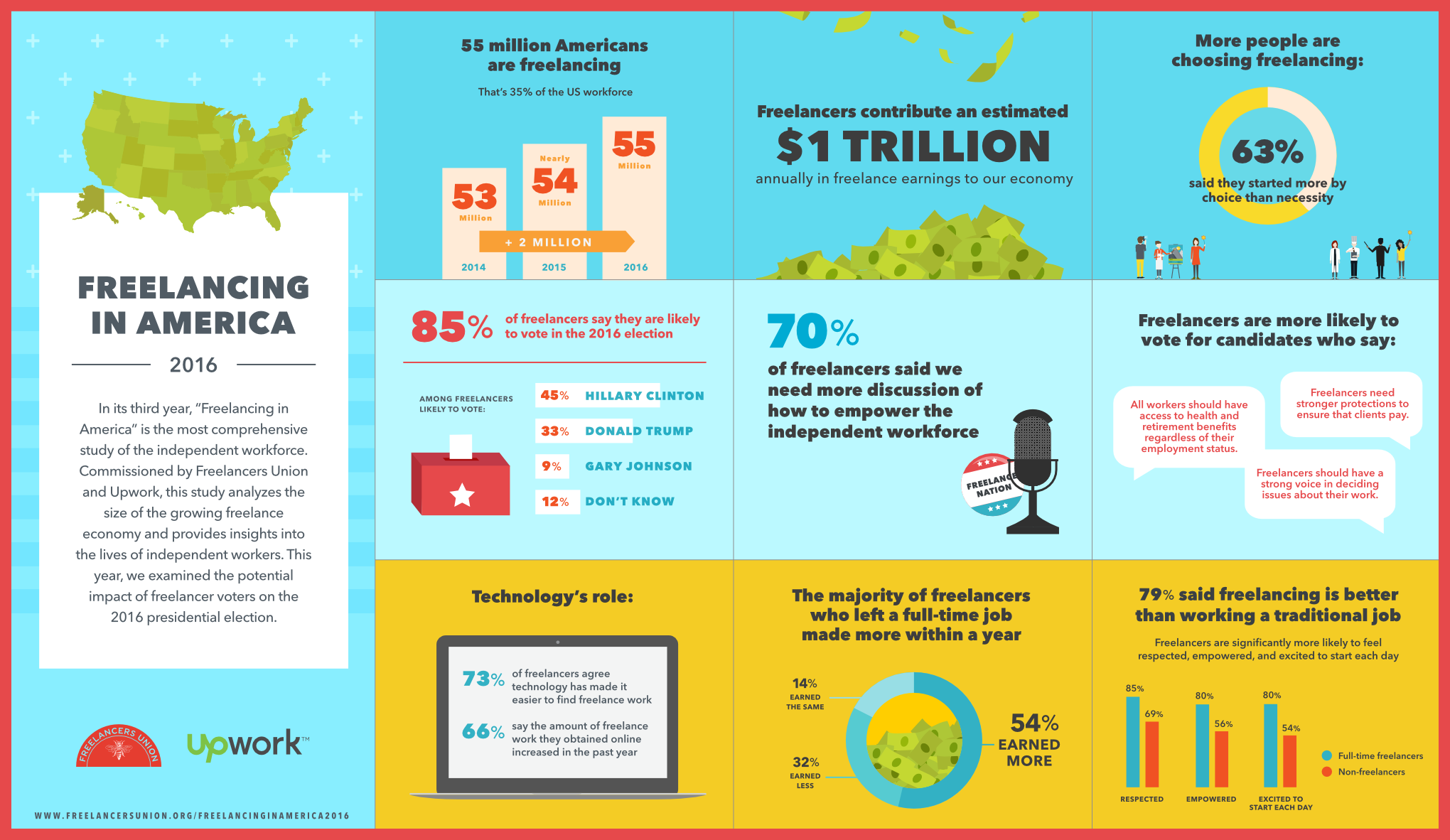After reading this article on The Walrus titled Why It’s so Hard to Actually Work in Shared Offices, I couldn’t help but think about how the tables have shifted for today’s workforce.
We all need co-workers. Some get them for free. Others have to pay for them. We’re trending towards paying for them.
Back in the day, which doesn’t seem all that long ago to me – workers typically worked in an office or at a location where a businesses day to day operations were conducted. This is still true today. It’s also true that more and more people are either working as a freelancer, working from home for themselves or as a remote employee, or some other mix who don’t have to go into an office to get their work done.
Nicholas Hune-Brown, writes for The Walrus:
According to a survey by Upwork and the Freelancers Union, more than one-third of workers in the United States were freelancers in 2016— some 55 million and counting. WeWork is determined to become the default home for a new generation of white-collar workers. It believes that these budding entrepreneurs have no interest in the grey cubicles of the past.

The full report by Upwork and the Freelancers Union can be found here.
This independent workforce survey reveals new insights into freelancing in America. Key findings: Freelancers earned an estimated $1 trillion this year, are highly motivated, growing.
According to this report, in 2016, 35% of the workforce in America were freelancers and contributed $1 trillion dollars to the economy.
Let that sink in.
What is WeWork? WeWork is a global co-working network with a $20 billion valuation. I pulled this from their homepage:
Make a life, not just a living. WeWork is a global network of workspaces where companies and people grow together. We transform buildings into dynamic environments for creativity, focus, and connection. More than just the best place to work, though, this is a movement toward humanizing work. We believe that CEOs can help each other, offices can use the comforts of home, and we can all look forward to Monday if we find real meaning in what we do.
Clearly this co-working thing and selling you a membership and desk is big business. Why not? It’s a place you can share ideas around craft-beer taps, buy into a utopian vision of community, and hang out for tequila Tuesdays.
I’ve never been to a WeWork workspace, but I have been to other co-working spaces like WELD and various places here in Houston. I never went so I could be productive with day to day work stuff. I went for the networking and community. I went to see other people. I needed a more clear definition of work/life balance and to get out of the house.
Like most freelancers, small team startups, or distributed workers – we tend to work from home for the lifestyle it affords us. We love to take 10 minute breaks to hug our kids, go for a walk with our dog, or say hello to our neighbors. Sadly though, we don’t have co-workers – not in the conventional sense of the word. Sorry, your kids, husband, wife, dog, or neightbor don’t qualify as co-workers.
We all need a place to belong.

As workers from home, we often work in complete isolation. Most of us like it that way. The rest of us are lonely. To get some much needed interaction with other like-minded humans we turn to Slack, Twitter, Instagram, Facebook, LinkedIn, Snapchat, iMessage – pretty much anything that gives us hope, connection, acceptance, and value – the four pillars of a healthy human.
That works, mostly. But not really.
For many, the only option is to pay for co-workers.
From Nicholas Hune-Brown’s article for The Walrus:
A “hot desk” (a spot at a communal table or couch) starts at $500 per month, a permanent desk at $700, and a private office at $1,000.
The minimum price of addmission is $500 per month.
There was a time when co-workers came free with the job. Now we have to pay a premium to rent a desk, be a member, or attend an event – and it’s not even about getting more done. It’s about connection.
Two examples from Nicholas Hune-Brown’s article for The Walrus:
Fotini Iconomopoulos, a negotiation consultant, perched on one of the many couches. She had spent years working on the road and from cafés before trying out a co-working space. “I like the idea of seeing people that I can connect with on a regular basis, seeing familiar faces,” she explained.
Dane Jensen said, the building’s vibe could feel invigorating at times. “If I’ve been working at home for too many days in a row and I’m feeling sluggish, it’s nice to go somewhere where there’s a lot of busy people being productive.”
Neither Fotini or Dane said they wanted to get more stuff done. They wanted to “see familiar faces” and go where “busy people are being productive”. Does it really matter if they’re not productive or getting things done while they’re there? Maybe. Maybe not.
Work is work, no matter how you slice it. If you are working on actual work stuff, you’re working. If you are networking, connecting, pouring into others, having others pour into you, etc, you’re working. Those are all forms of the work you need to do, to be the you you need to be, to get your job done. It’s all work.
Conclusion
The WeWork’s and WELD’s of the world are certainly a step in the right direction to productivity from a coffee shop that just so happens to be co-working friendly so they can sell more coffee and pastries.
But, are we just paying a premium for co-workers?
---
Published